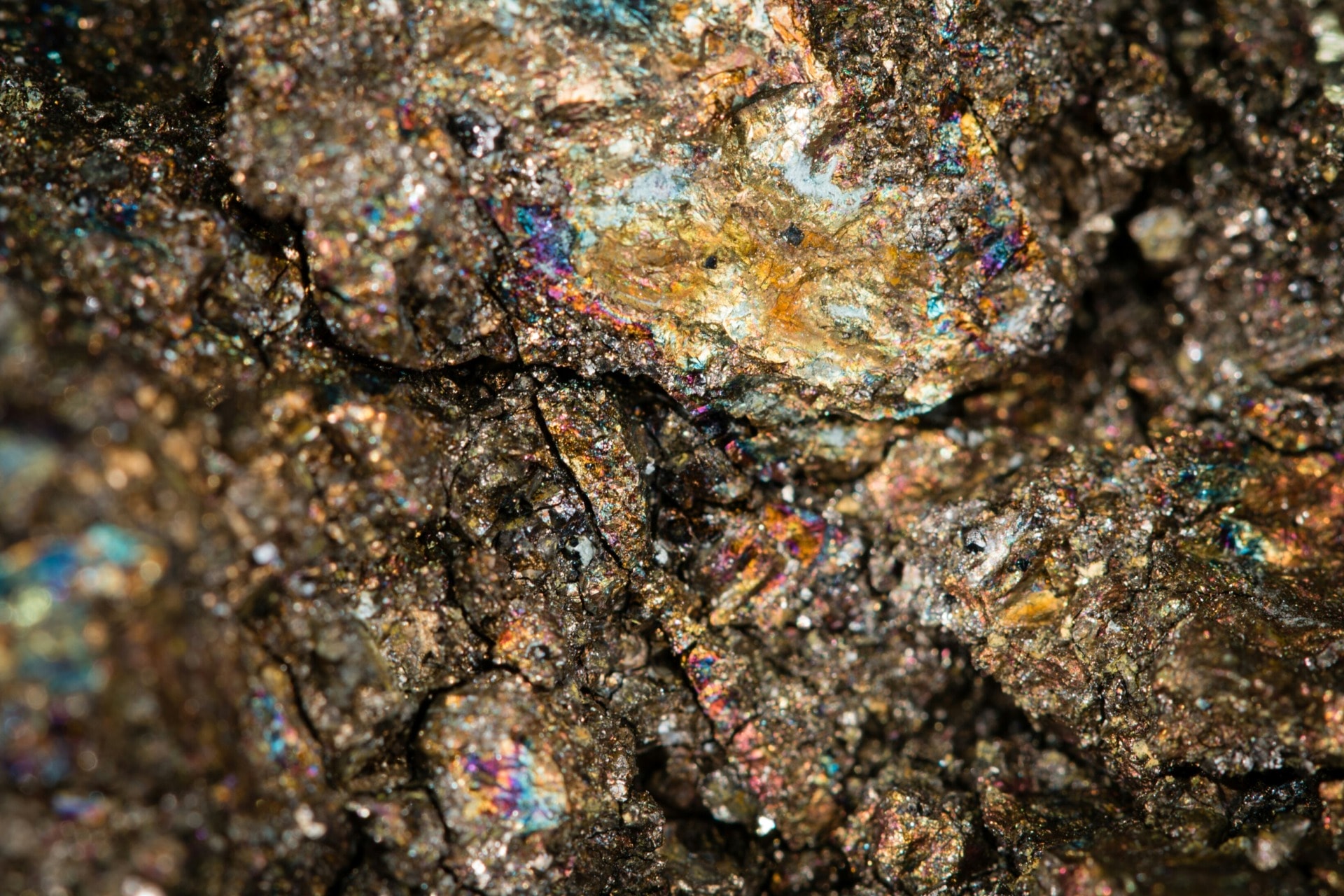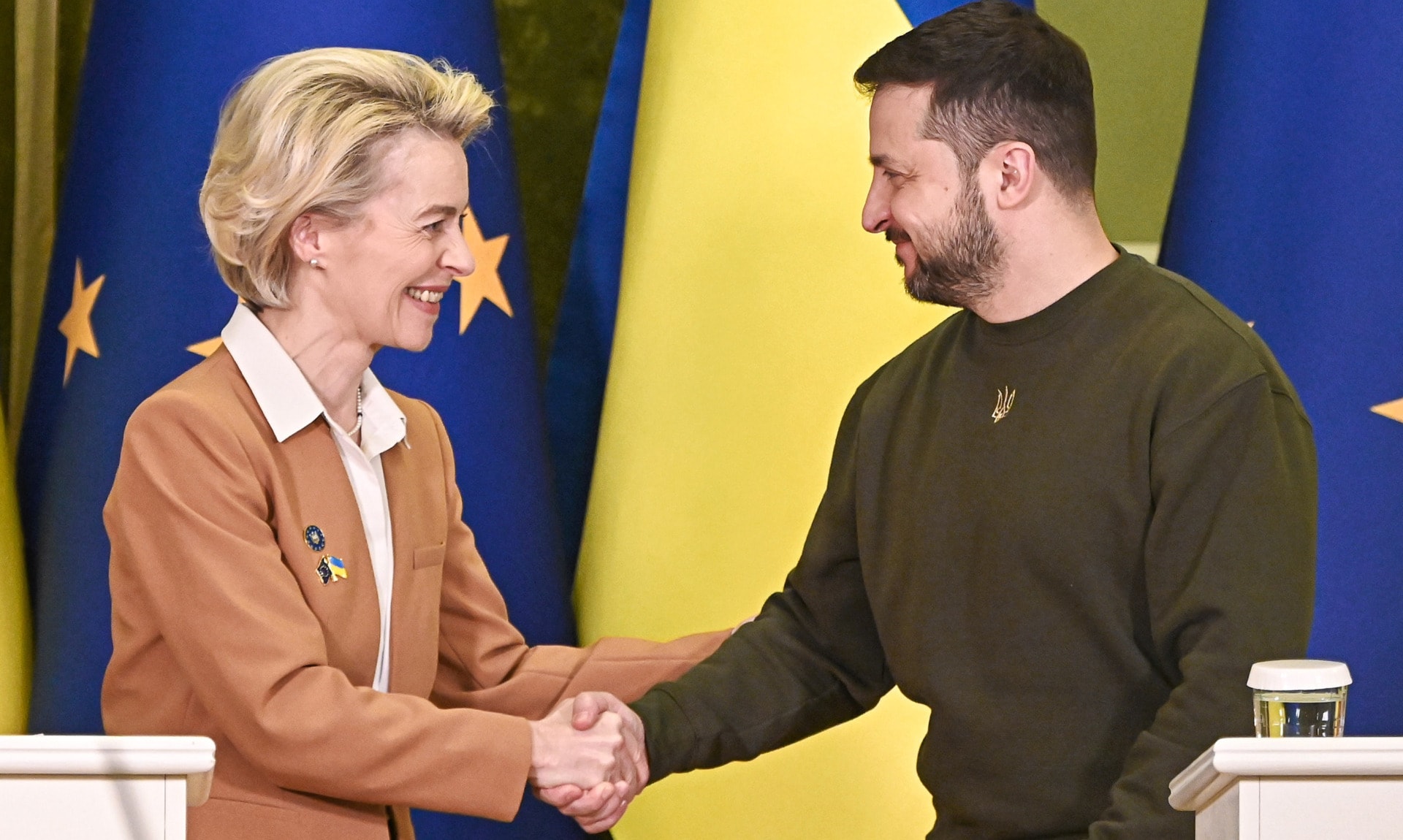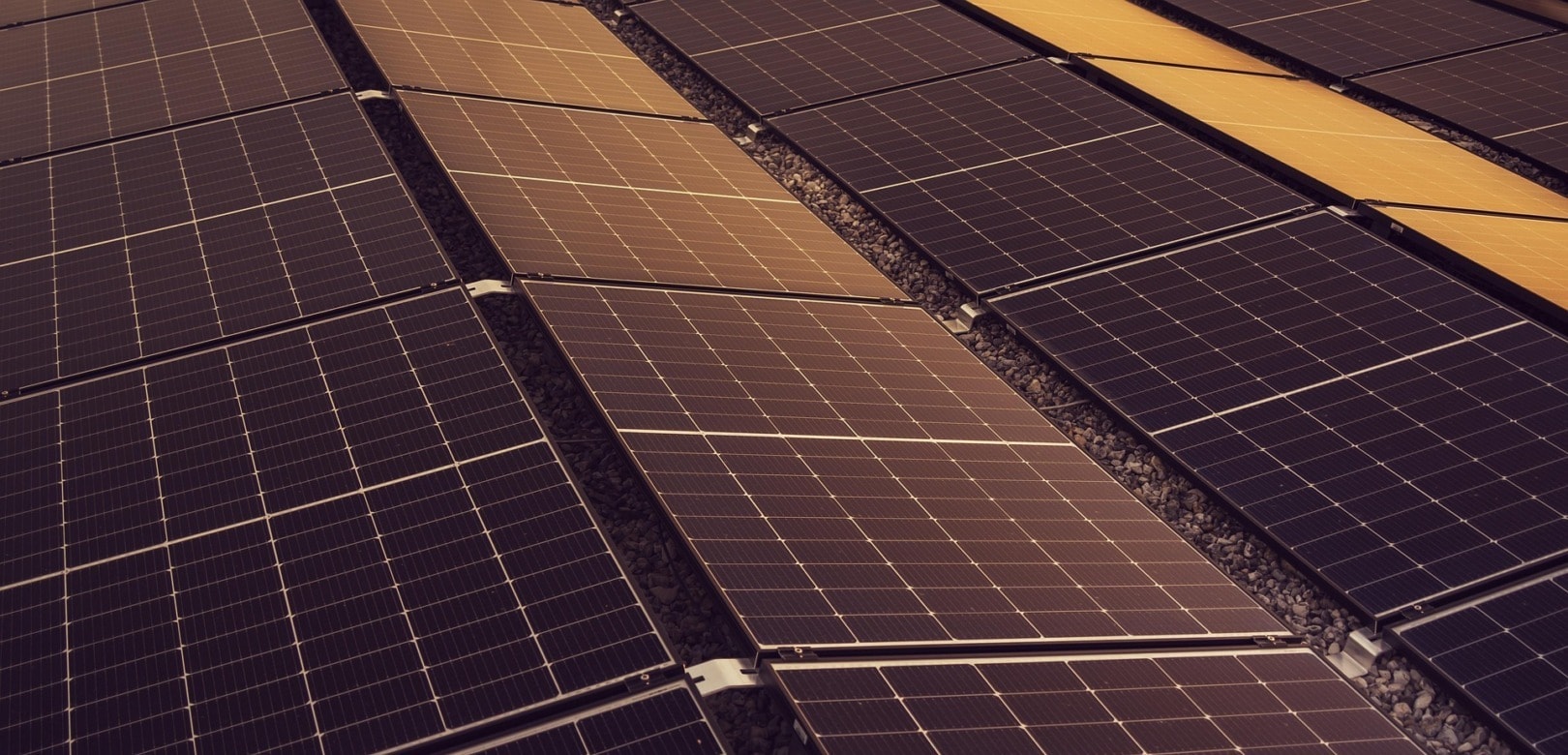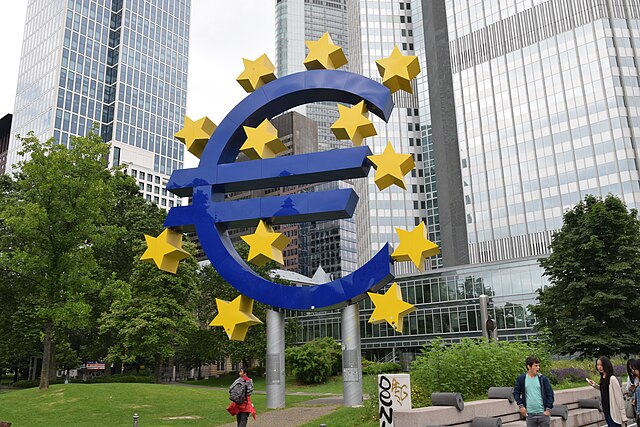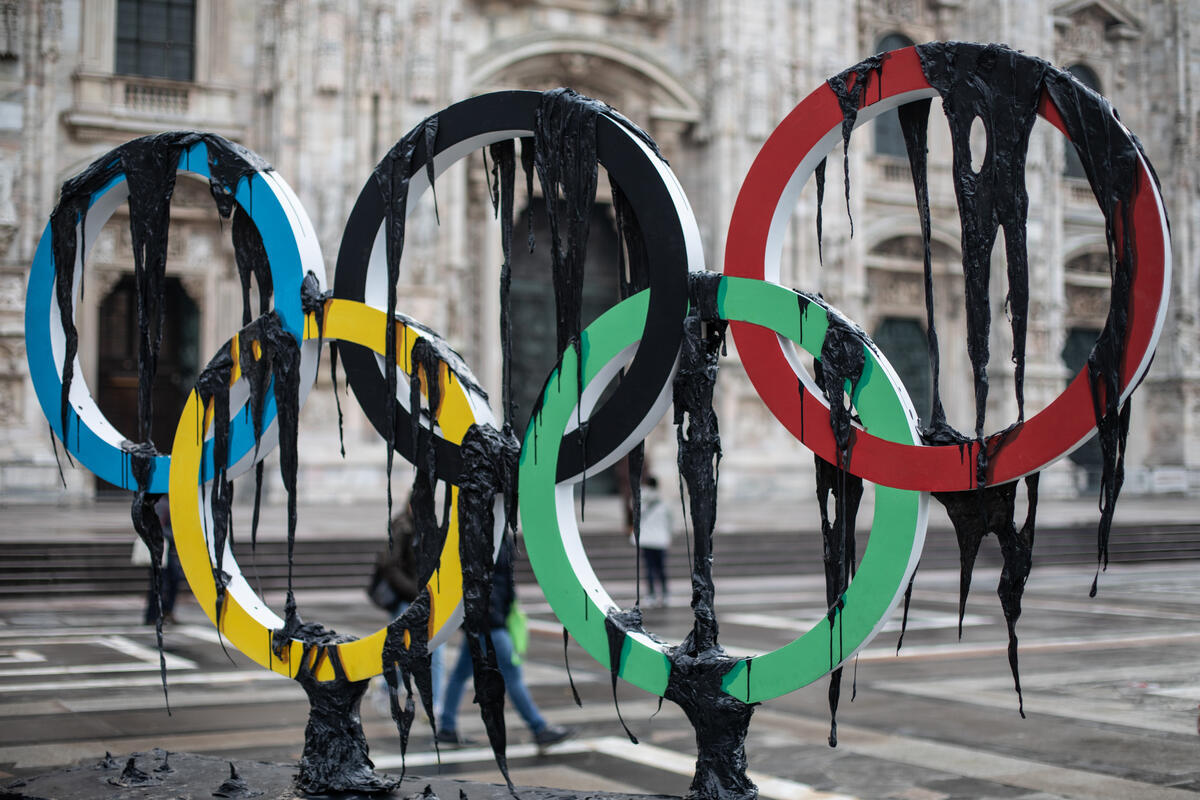Updated January 3, 2023. The latest news only confirms it: 2022 was an annus horribilis, especially for Putin – something he has never experienced before. All because he decided to invade Ukraine – and that had terrible consequences, plunging the world into its most dismal year yet. As bad as the pandemic, if not worse in some aspects. But the real question is: What will Putin do next?
“Annus horribilis” is a term that has entered the everyday lexicon ever since Queen Elizabeth famously used it in 1992 when Windsor castle burned down and her family fell apart with various scandals and divorces. And now, using Queen Elizabeth’s famous phrase to qualify the legacy of 2022, it was undoubtedly a dismal year for many across the globe:
- Millions of Ukrainians huddled in freezing homes as Russia systematically destroys the country’s energy infrastructure – as if the steady missile and drone attacks were not enough, with 40,000 civilians killed since the start of the war in February 2022;
- Thousands of protesters in Iran with over 500 killed and more victims to come as neither side backs down
- Reportedly up to 50 million suffering from hunger in the Horn of Africa
- War-induced inflation threatening the standard of living of middle classes around the world; From the EU farmers hit by agri-chemicals price hikes to the British unable to heat their homes.
But for Putin in particular, it has proved to be an “annus horribilis” in more ways than one.
For him, 2022 marked a watershed change from the past when he’d regularly come out as the winner.
The winner in Syria, gaining a hold in the Middle East; in Crimea and the Donbas, frittering away Ukraine and even setting his eyes on Moldova. And the cherry on the cake, taking advantage of climate change, he had launched yet another winning strategy in the Arctic, taking on the role of a key player as the northern route between East and West opened up, even drawing in China as an eager ally.
This time, he’s a total loser.
I have a confession to make: I thought Putin was really clever and when he started the war on Ukraine on February 24, I was convinced the whole operation would only last a few days, just as he had done in 2014 – that he’d invade the Donbas and stop there, possibly taking a couple more days to open a land corridor to link Crimea directly to Russia.
But then the news came in he was also hitting northern Ukraine, aiming to take control of the capital. And it became clear what he really had in mind: Replace Zelinsky and put in a puppet leader, most likely Viktor Yanukovych, the former Ukrainian President kicked out in 2014 who since then has lived in Russia and was reportedly flown to Belarus, ready to take over.
That plan, as we know it now, backfired horribly.
It was clear that Putin had expected Ukraine’s President Zelinsky to flee while bombs fell on Kyiv, as so many Western government leaders had done in World War II under similar circumstances. But surprise, surprise, Zelinsky didn’t budge, suddenly proving himself to be the war president Ukraine needed.
After trying for a full month – from March 5 to April 4 – Putin wasn’t able to take Kyiv. And, as pointed out by Dan Sabbagh and Isobel Koshiw in the UK Guardian in a recent article analyzing “the battle of Kyiv”, the number of mistakes his generals made is staggering – ranging from the initial bombing of the city that was too short to be effective to long lines of tanks getting stuck on the road (40 km!), thus becoming easy prey to Javelins and NLAWs thrown by Ukrainian troops.
The result can be appreciated at a glance, comparing the two maps of Ukraine showing Russia’s opening campaign in March and the closing position in November:
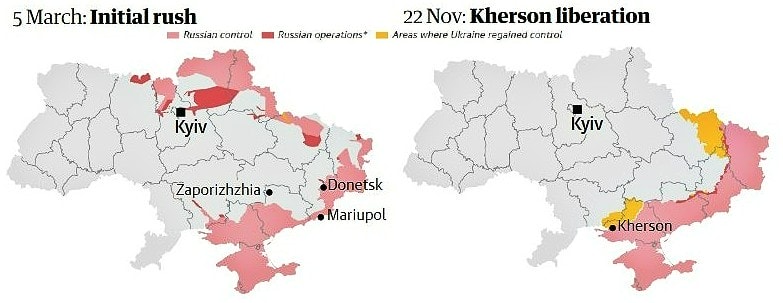
Source: UK Guardian map using Institute for the Study of War (ISW) data.
But the disaster for Putin goes well beyond failing to achieve his initial goal of installing a puppet government in Ukraine. His invasion resulted in compacting the West like never before, and it had several unexpected consequences.
And from Putin’s point of view, totally unwanted. He managed to turn an erstwhile top position for Russia in the concert of nations into a losing proposition. And one that risks sending Russia to the back of the classroom, if not forever, for a long time.
Let’s see how.
First, Europe realized that its dependence on Russian oil and gas was extremely dangerous and it quickly moved to decouple itself. And now energy autonomy has become a prime policy objective across the continent, spelling the end of what had been for Russia its most lucrative market. A market that will never return even if the war ends tomorrow. Speak of killing the goose with the golden eggs!
Second, Europe, in the scramble for energy sources, has become increasingly green: There has never been so much solar power installed in a single year. Now the European Green Deal goal of becoming climate neutral by 2050 is very likely to happen sooner, as the European Commission is stepping up the green transition away from Russian gas by accelerating renewables permitting.
Third, NATO got a boost, with more funding and two new aspiring members, Sweden and Finland, that up to that point had famously made sure they would remain neutral. But Putin succeeded in turning them into NATO fans.
True, Turkey is trying to put a damper, refusing to ratify their demand for adhesion. And now both countries are following a different strategy, adopting a so-called “future ally” approach, in particular agreeing to revise their restrictive rules governing arms sales by their domestic defense companies – this, in response to the Turkish request that their arms sales regulations be reformed as a precondition for its support.
Now, as I wrote recently, Putin is cornered and is increasingly turning to a policy of silence in the face of failures. A silence that allows others around him to take the blame.
But when he talks, it’s not better. In an interview aired last Sunday, Putin said Russia is ready to negotiate with all parties involved in the war in Ukraine but Kyiv and its Western backers have refused to engage in talks. Who can believe him?
Also, there is another pressing and very concerning matter: Will Putin actually resort to nuclear weapons as he has promised to do several times? As I write, the situation is murky. One can only hope that he is aware of the consequences: A nuclear strike in Ukraine, no matter how limited, is a red line for the West, and one that he should not attempt to cross.
One cannot bear to think about the mutual devastation such a rash and thoughtless move would entail. Yet, is he really capable of breaking all the rules?
It is a fact that in the last three months, Putin has shown he has broken a lot of basic rules of warfare, bringing war outside of the military sphere and into the civilian.
Russian attacks on the Ukrainian population are barbarian, clearly contravening the Geneva conventions that form the core of international humanitarian law. His three-month campaign of bombardment on cities is murderous. And he shows no signs of stopping it, relentlessly hitting Ukraine’s civil population and energy infrastructure, plunging the country in freezing conditions.
He clearly hopes to make people so angry with Zelensky’s government that Ukraine will be politically destabilized. My bet is that he is wrong again and that 2023 will prove to be an “annus mirabilis” for Ukraine. That the brave Ukrainians will survive the winter and that the new Russian recruits – all 100, 000 of them – won’t prove able to resist the onslaught of the Ukrainian army.
And that means only one thing: We need to continue to support Ukraine with armaments and all the needed military equipment to win this war. To fail in that support would be precisely what Putin is hoping for. We should not give him that pleasure. All he deserves is yet another “annus horribilis”.
Editor’s Note: The opinions expressed here by the authors are their own, not those of Impakter.com — In the Featured Photo: Candlelight – when Ukraine goes dark… Photo by Zac Cain on Unsplash



